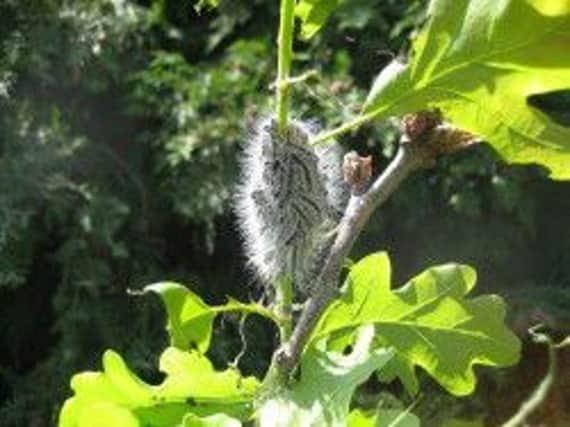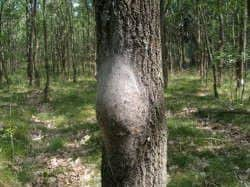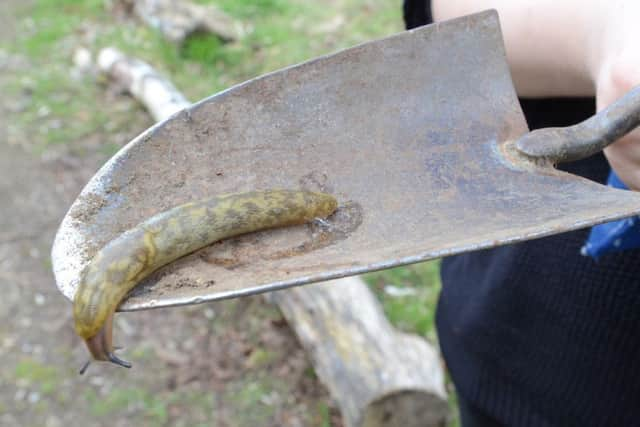Super-sized slugs and toxic caterpillars set to hit Sussex


The Forestry Commission is asking people to be on the look out for the oak processionary moth after a number of nests were found in the south east of England.
The bug, which was accidentally introduced to the UK in 2005, poses a health risk to humans in its caterpillar stage as its toxic hairs can trigger asthma attacks, fevers and rashes.
Advertisement
Hide AdAdvertisement
Hide AdThe Forestery Commission warns anyone who comes across a nest (pictured) not to touch it and to report it immediately to [email protected]


Meanwhile an unusually mild winter means gardeners can expect to see more slugs as they will have been eating and reproducing at a much faster rate as a result.
Matt Shardlow, CEO of the wildlife group Buglife, said, “Due to climate shifts, warmer winters and wetter summers, we’re seeing slugs become active all year round, whereas key predators like amphibians will only lay their eggs once a year. Slugs are not so restricted.
“Coupled with the fact that general slug varieties are also reaching full size earlier than ever, gardeners are simply not getting any respite and need innovative management solutions.”
Advertisement
Hide AdAdvertisement
Hide AdThe gardening group Wyevale Garden Centres is also warning gardeners to expect to see more slugs than in previous years and warns that they are expected to grow larger than in previous years.


Duncan McLean, of Wyevale Garden Centres, said, “Thanks to another unseasonably wet and mild winter with few hard frosts, our slugs simply haven’t hibernated as they usually do.
“They’re grazing constantly on prematurely budding plants, getting larger and larger in the process – up to 40 times their body weight – whilst also having the time to breed more, adding to existing colonies and spelling disaster for our gardens.”
Don’t miss out on all the latest breaking news where you live.
Advertisement
Hide AdAdvertisement
Hide AdHere are four ways you can be sure you’ll be amongst the first to know what’s going on.
1) Make our website your homepage
2) Like our Facebook page
3) Follow us on Twitter
4) Register with us by clicking on ‘sign in’ (top right corner). You can then receive our daily newsletter AND add your point of view to stories that you read here.
And do share with your family and friends - so they don’t miss out!
Always the first with your local news.
Be part of it.